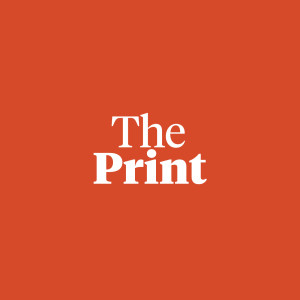

Across the emerging power vacuums in the Middle East, could the Muslim Brotherhood, the most organized Islamic network in modern times, gain widespread control? Walid Phares, Professor at National Defense University, joins Frank for two segments to discuss the implications of the Arab Spring or what may become an Islamist Fall. Phares, author or The Coming Revolution: Struggle for Freedom in the Middle East, talks about the perils of the U.S. engaging with nations where it remains to be seen...
Across the emerging power vacuums in the Middle East, could the Muslim Brotherhood, the most organized Islamic network in modern times, gain widespread control? Walid Phares, Professor at National Defense University, joins Frank for two segments to discuss the implications of the Arab Spring or what may become an Islamist Fall. Phares, author or The Coming Revolution: Struggle for Freedom in the Middle East, talks about the perils of the U.S. engaging with nations where it remains to be seen who will take power, and Obama’s “responsibility to protect” Libya but not Syria. Next, Patrick Byrne of Overstock.com, talks about raising the debt ceiling and how it can be used as a bargaining tool to work towards a balanced budget. Byrne adds his insight on the importance of avoiding a default, the Chinese downgrading the U.S. creditworthiness and the state of financial warfare. Finally, Jim Kouri, of the Washington Examiner, talks about the drastic reductions coming for the Department of Defense, and how the Obama Administration is “taking a page from the Clinton playbook,” in gutting national security. Kouri also reminds the U.S. that if it shirks from the fight overseas, the war will move closer to home, as Hezbollah already operates within the Western Hemisphere.
View more
Comments (3)
More Episodes
All Episodes>>You may also like
Creat Yourt Podcast In Minutes
- Full-featured podcast site
- Unlimited storage and bandwidth
- Comprehensive podcast stats
- Distribute to Apple Podcasts, Spotify, and more
- Make money with your podcast
It is Free



